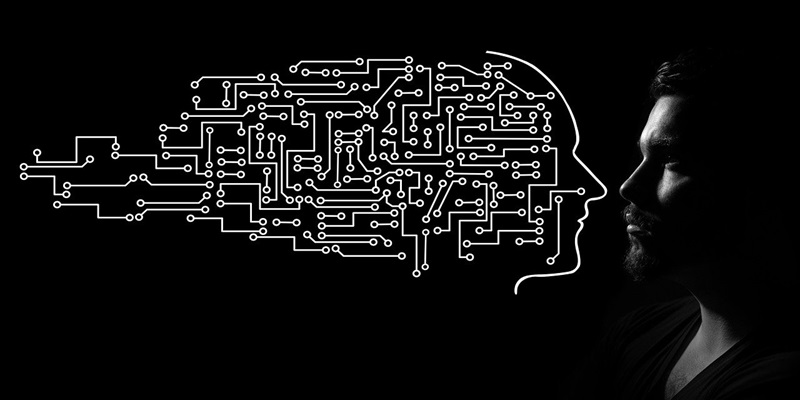A recent study conducted by the University of Alberta has revealed a significant limitation in artificial intelligence (AI) models, particularly those trained using deep learning techniques. The study found that these AI models struggle to learn new information without having to start from scratch, an issue that underscores a fundamental flaw in current AI systems. The primary problem is the loss of plasticity in the "neurons" of these models when new concepts are introduced. This lack of adaptability means that AI systems cannot learn new information without undergoing complete retraining. The retraining process is both time-consuming and financially burdensome, often costing millions of dollars. This inherent rigidity in learning poses a considerable challenge to achieving artificial general intelligence (AGI), which would allow AI to match human versatility and intelligence. Despite the concerning findings, the researchers offered a glimmer of hope by developing an algorithm capable of "reviving" some of the inactive neurons, indicating potential solutions for the plasticity issue. Nonetheless, solving the problem remains complex and costly.
Challenges of Deep Learning-Based AI Models
One of the most glaring issues identified in the study is the lack of flexibility inherent in deep learning-based AI models. Unlike humans, who can adapt and assimilate new information with relative ease, AI systems find it incredibly challenging to acquire new knowledge without compromising previously learned information. When tasked with integrating new data, these models are often forced to undergo a complete retraining process. This retraining isn’t just a minor inconvenience; it is a significant business expense, often requiring millions of dollars and heaps of computational resources. For companies relying on AI, this means both economic and operational inefficiencies, making it difficult to justify frequent updates or changes to their AI systems.
Furthermore, the loss of neural plasticity in AI models makes it difficult for them to achieve what researchers term as lifelong learning. Lifelong learning is the ability to continuously acquire and apply new knowledge and skills throughout one’s life. For AI, this would mean adapting to new data sources or user inputs in real time without the need for restarting the learning process from scratch. The University of Alberta study underscores that the current state of AI technology is far from achieving this goal. The economic implications are substantial; organizations are likely to face continual expenditure on retraining AI models, thereby stifling innovation and hindering the widespread adoption of AI technologies. This challenge poses a roadblock on the path toward artificial general intelligence, a long-term objective for many researchers in the AI field.
Preliminary Solutions and Future Directions
A recent University of Alberta study has uncovered a significant limitation in artificial intelligence (AI) models, especially those using deep learning techniques. The research indicates that these AI models struggle to learn new information without needing to start from scratch, revealing a key flaw in current AI systems. The main issue is the loss of plasticity in the "neurons" of these models when new concepts are introduced. This lack of adaptability forces AI systems into complete retraining to learn new information, a process that is both time-consuming and financially demanding, often costing millions of dollars. This inherent rigidity is a major obstacle to achieving artificial general intelligence (AGI), which aims for AI to match human adaptability and intelligence. However, the researchers provided a hopeful note by developing an algorithm that can "revive" some inactive neurons, pointing to potential solutions for the plasticity issue. Even so, addressing this problem remains intricate and expensive, representing a significant challenge for the future development of adaptable AI systems.

